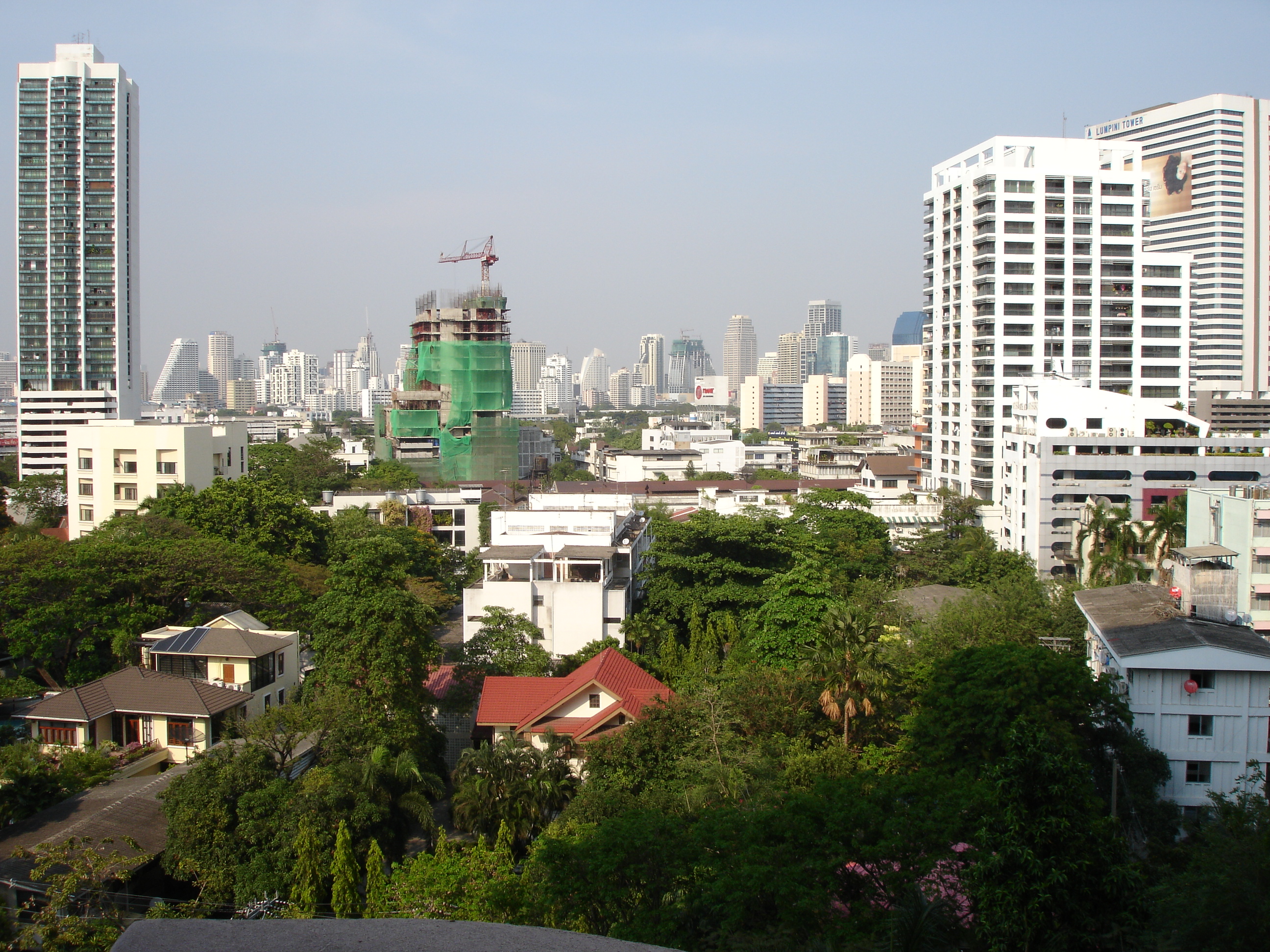At which of Thailand’s many festivals do locals sprinkle water piously over Buddhist statues, but also hurl it at passersby? During which public holiday do Thais pay respect to parents and elders, make merit, give their homes a spring-clean, and still squeeze in time for partying? That’s right, it’s time again to celebrate the Songkran Festival. Over three hot, sticky days locals see in the traditional Thai New Year, and the whole country is gripped by body-cooling, spirit-cleansing celebrations. The festival this year is from the 12th to 15th April.
The hallmark for tourists, of course, has long been the tradition of water throwing. Everything from a courteous sprinkle or polite splash to a well-aimed bucket helps participants articulate the good-natured festival fever. It’s a practical and mostly welcome solution to the sweltering dry season heat.
However, there’s a much deeper meaning to Songkran beyond getting drenched. Most Thais in fact head home for its duration, to enjoy a break punctuated by religious ceremonies amongst family. For them it’s a time to express thanks to those they respect, loyalty to ancestors, an awareness of family and social responsibilities and their religious devotion – as well as get wet.
Songkran Customs and Traditions
A period of transition, it’s also a time for new beginnings. Songkran, derived from Sanskrit, means ‘a move over’ or ‘change’, marking the time when the sun leaves Pisces and shifts into the Aries zodiac for the beginning of a new solar year.
To mark this ‘pi mai’ (new year) and get it off to an auspicious start, Thais clean. Everything from Buddha statues in streets to temples and houses gets a renewing wash; meanwhile anything old or unused is thrown out (believed to bring bad luck). They perform bathing rites for monks, and engage in pious activities like giving alms, Dhamma practice and listening to sermons to rinse the spirit clean, to wash away the previous year’s bad actions.
They sprinkle water on parents and elders, and shower them with gifts. Thais believe that bad luck or evil is washed away by water, the person purified, and the pouring of a small amount of holy water on another person’s hand or shoulder, confers respect and goodwill. Elders in return wish the youngsters good luck and prosperity.
